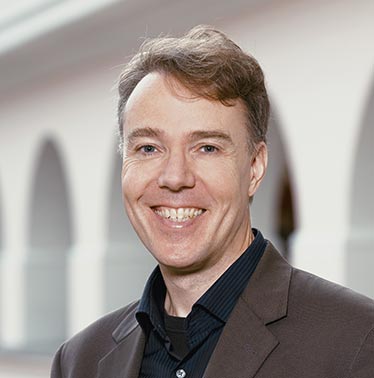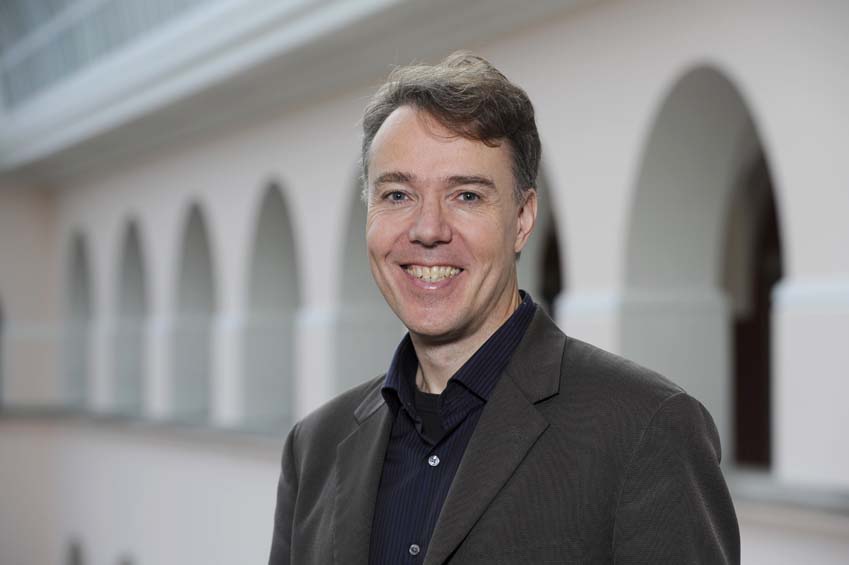Hans-Joachim Voth’s research analyzes the determinants of Europe’s rise to riches, the causes of booms and busts in financial markets, and the social and economic origins of political extremism. In a set of three recent papers, Voth argues that three things made Europe much richer much earlier than any other continent – more (and more costly) wars, lower land productivity, and uniquely unhealthy cities. Combining theory with empirical evidence, he shows how each factor raised per capita output and fed into self-sustaining gains in productivity. Along the way, Europe did not only grow rich but built the first highly capable states in history. In other recent work, Voth examined how the experience of almost losing money modifies risk-taking in financial markets, looking at asset-backed lending in 18th century Amsterdam. Prior work had only looked at the effect of actual adverse shocks, which also affect asset values, earnings, and human capital accumulation. By showing that getting close to a loss alone can modify risk-taking, this work can help to explain why risk-taking is typically procylical – larger in booms, and sharply curtailed in busts. This research extends his earlier empirical work that showed that “riding bubbles” can be optimal for investors, and that lending to serial defaulters can be highly profitable.
Voth has also analyzed the effect of social capital on the willingness to join the canonical example of a radical party – the Nazi party. From the days of Tocqueville and in recent work by Putnam, social capital – a dense network of clubs and associations – are seen as a key factor that makes democracy work, by teaching individuals to interact as equals. Voth’s work shows that there is a dark side to social capital – greater social proximity can also facilitate the spread of extremist beliefs, in the same way as close physical proximity facilitates the spread of viruses. Using newly collected data on the number and types of clubs and associations in interwar Germany, Voth shows that Nazi party entry surged where density was high – including for the case of seemingly “innocent” associations like hiking and chess clubs. This research builds on earlier work showing the importance of deep historical roots for the rise of anti-Semitism in interwar Germany, and the effects of Nazi schooling.
Hans-Joachim Voth’s research analyzes the determinants of Europe’s rise to riches, the causes of booms and busts in financial markets, and the social and economic origins of political extremism. In a set of three recent papers, Voth argues that three things made Europe much richer much earlier than any other continent – more (and more costly) wars, lower land productivity, and uniquely unhealthy cities. Combining theory with empirical evidence, he shows how each factor raised per capita output and fed into self-sustaining gains in productivity. Along the way, Europe did not only grow rich but built the first highly capable states in history. In other recent work, Voth examined how the experience of almost losing money modifies risk-taking in financial markets, looking at asset-backed lending in 18th century Amsterdam. Prior work had only looked at the effect of actual adverse shocks, which also affect asset values, earnings, and human capital accumulation. By showing that getting close to a loss alone can modify risk-taking, this work can help to explain why risk-taking is typically procylical – larger in booms, and sharply curtailed in busts. This research extends his earlier empirical work that showed that “riding bubbles” can be optimal for investors, and that lending to serial defaulters can be highly profitable.
Voth has also analyzed the effect of social capital on the willingness to join the canonical example of a radical party – the Nazi party. From the days of Tocqueville and in recent work by Putnam, social capital – a dense network of clubs and associations – are seen as a key factor that makes democracy work, by teaching individuals to interact as equals. Voth’s work shows that there is a dark side to social capital – greater social proximity can also facilitate the spread of extremist beliefs, in the same way as close physical proximity facilitates the spread of viruses. Using newly collected data on the number and types of clubs and associations in interwar Germany, Voth shows that Nazi party entry surged where density was high – including for the case of seemingly “innocent” associations like hiking and chess clubs. This research builds on earlier work showing the importance of deep historical roots for the rise of anti-Semitism in interwar Germany, and the effects of Nazi schooling.


